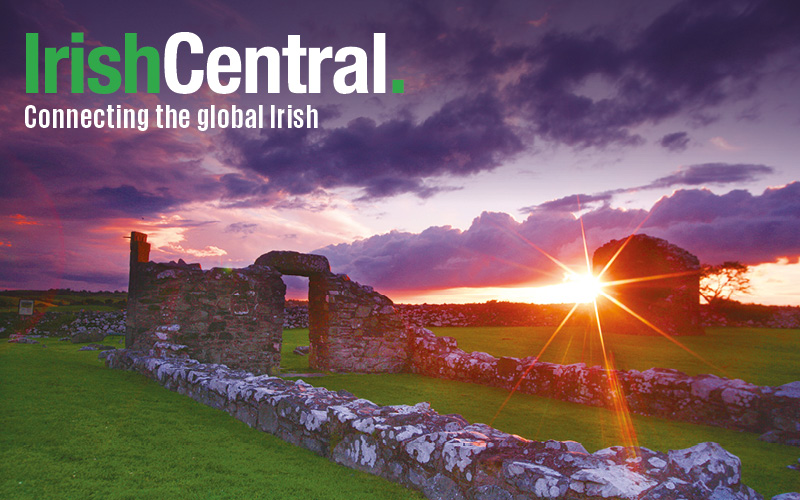Ask yourself which is more important, your school children's lives or the target margin for the guns industry?
The National Rifle Association (NRA) have asked themselves this question and their answer is unambiguous.
Of course they'll hide behind the fig leaf of the Second Amendment and the wall of hand piked senators and congressmen that they've paid to fold like card tables after every school shooting, but a profit motive can never stay hidden for long.
The fig leaf of the Second Amendment has never looked so shot full of holes, however.
Days after the fatal Parkland, Florida school shooting that left 17 dead, airlines, insurers, car-rental firms, national delivery services and a bank that once produced an NRA branded credit card all cut their ties to the gun-lobbying group.
The NRA immediately branded these moves as a “shameful display of political and civic cowardice,” but the shift in the national mood was self evident, which proves that increasingly, the NRA brand is becoming as toxic and controversial as the tobacco or petrochemical industries.
Using economic tactics for political ends is an old practice that has a name, the boycott, and it began in Ireland. Charles Cunningham Boycott (1832 – 1897) was the loathsome English land agent who's name has became forever associated with the practice, after he was successfully ostracized by the County Mayo Irish community that he had treated so badly.
Like the NRA now, through his high handed tactics Boycott had brought it on himself. Boycott worked as a land agent for the shadowy Lord Erne, a major landowner in Mayo who lived handsomely off the exorbitant rents that he charged his impoverished tenants. Boycott was his point man, the hammer that knocked the nail in.
But when the local tenants had had enough of their exploitation they began a campaign of isolation against Boycott that echoes the current one against the NRA. If there is one thing the Irish know how to do, it's how to write you out of the story. Local shops refused to serve him, he became a complete pariah, so he wrote to the British press to lament his plight.
All his farm laborers, workmen, and stablemen, were commanded to never to work for him again, he groused. His cow and sheep herds had been intimidated into giving up his employment, his blacksmith had received a letter threatening him with murder if he so much as shooed another horse, and even his laundress had been ordered to give up his washing. His social isolation was complete.
The shopkeepers were warned to end all supplies to his house, the local post mistress informed him that the telegraph messenger was stopped and threatened on the road so she did not think it safe to send any more telegrams to him in the future. His crops were, he wrote, “trampled upon, carried away in quantities, and destroyed wholesale.”
It's hard to feel sorry for him. Already widely known for his brutality and ruthlessness, it's amazing he thought he'd find many sympathizers anywhere. Meanwhile the boycott that he gave his name to had worked and news of the new practice had made headlines all around the world.
Boycotts only work when the wider society has finally reached a tipping point. That's why so many boycotts never make the headlines, because they falter before we even hear about them. But that hasn't happened this time. This time the NRA boycott has been successful and has made international headlines.
Corporate America is a barometer that's as dependable as the meteorological service. This month they have clearly indicated that the NRA has become a liability in the eyes of the marketplace. They have also exposed the remarkable commercial reach of the NRA, which some would suggest extends to the House and Senate.
What was once a political bonanza is quickly being transformed into a political liability and this process is unstoppable. The young people who cowered helplessly in school closets whilst another angry man with a military grade arsenal of weapons attacked them have lethally undercut all the NRA's flag waving.
The politicians who help facilitate this needless slaughter will be called to account now, not given a pass.
150,000 school pupils have experienced a shooting on campus since Columbine in 1999. It's school pupils who are also successfully shaming the corporations, politicians and the so-called adults into principled reform now.
Read more: Rally for American gun reform to be held in Dublin




Comments